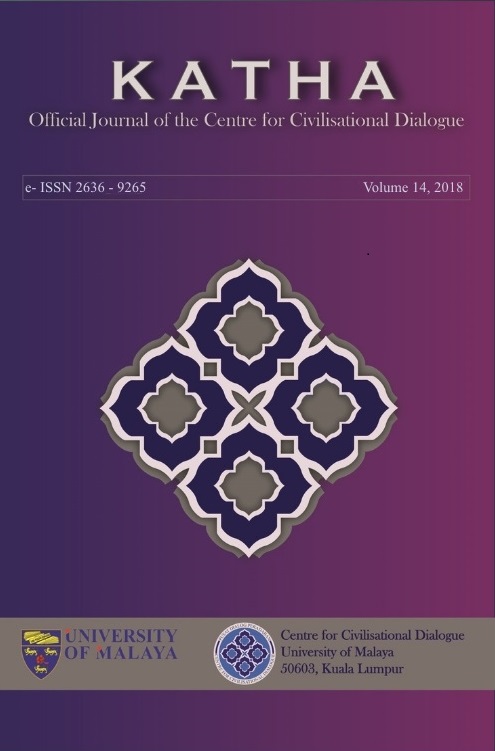The Impact of Electric Power Consumption on Green Economy Development in Malaysia
DOI:
https://doi.org/10.22452/KATHA.vol14no1.4Abstract
This study analyses low-carbon emission economic development in Malaysia amidst transformation of economy. The main objective of this study is to investigate the impact on carbon emission by applying Stochastic Impacts by Regression on Population, Affluence and Technology (STIRPAT) over the period of 1970–2013. Firstly, the unit root test will be used, and then cointegration approach will be applied to examine the cointegration relationship between the variables. Results from cointegration indicate a co-movement between variables. At 10% significant level, there exists unidirectional causality of electric power consumption to carbon emission. At 5% significant level, the results from the Granger causality test show that the urban population unidirectional causality run to electric power consumption. On the other hand, the urban population and electric power consumption have a unidirectional causality run to gross domestic product. Furthermore, the regression results show that electric power consumption is the significant cause of increase in carbon emission. The findings of the study provide some directions to reduce the carbon emission and provide policy reference for the development of green economy in Malaysia on the use of renewable energy and green technology. Malaysian Government should consider these when constructing long-term strategies for carbon abatement.
Downloads
Downloads
Published
How to Cite
Issue
Section
License
Articles submitted to the journal should not have been published before in their current or substantially similar form, or be under consideration for publication elsewhere. Authors submitting articles for publication warrant that the work is not an infringement of any existing copyright and will indemnify the publisher against any breach of such warranty. For ease of dissemination and to ensure proper policing of use, papers and contributions become the legal copyright of the publisher unless otherwise agreed. By submitting a manuscript, the author(s) agree that copyright for the article is transferred to the publisher, if and when the manuscript is accepted for publication. However, it can be reprinted with a proper acknowledgment that it was published in KATHA.

This work is licensed under a Creative Commons Attribution-NonCommercial-NoDerivatives 4.0 International License.




